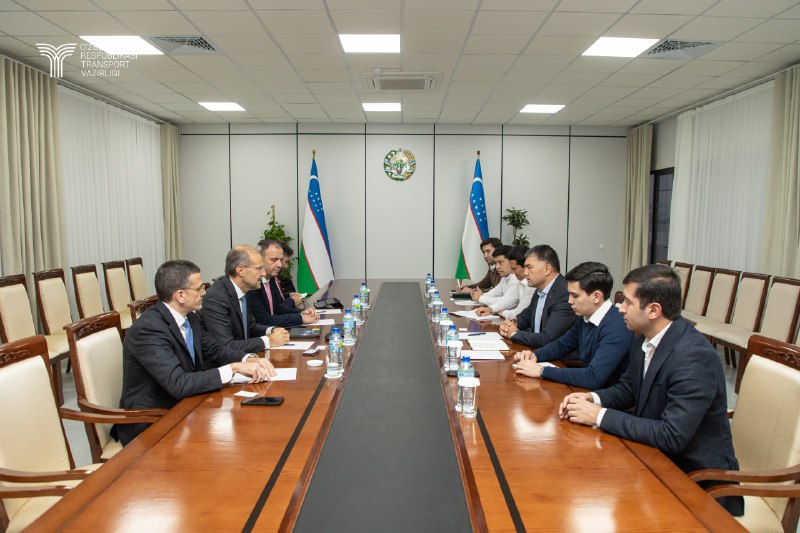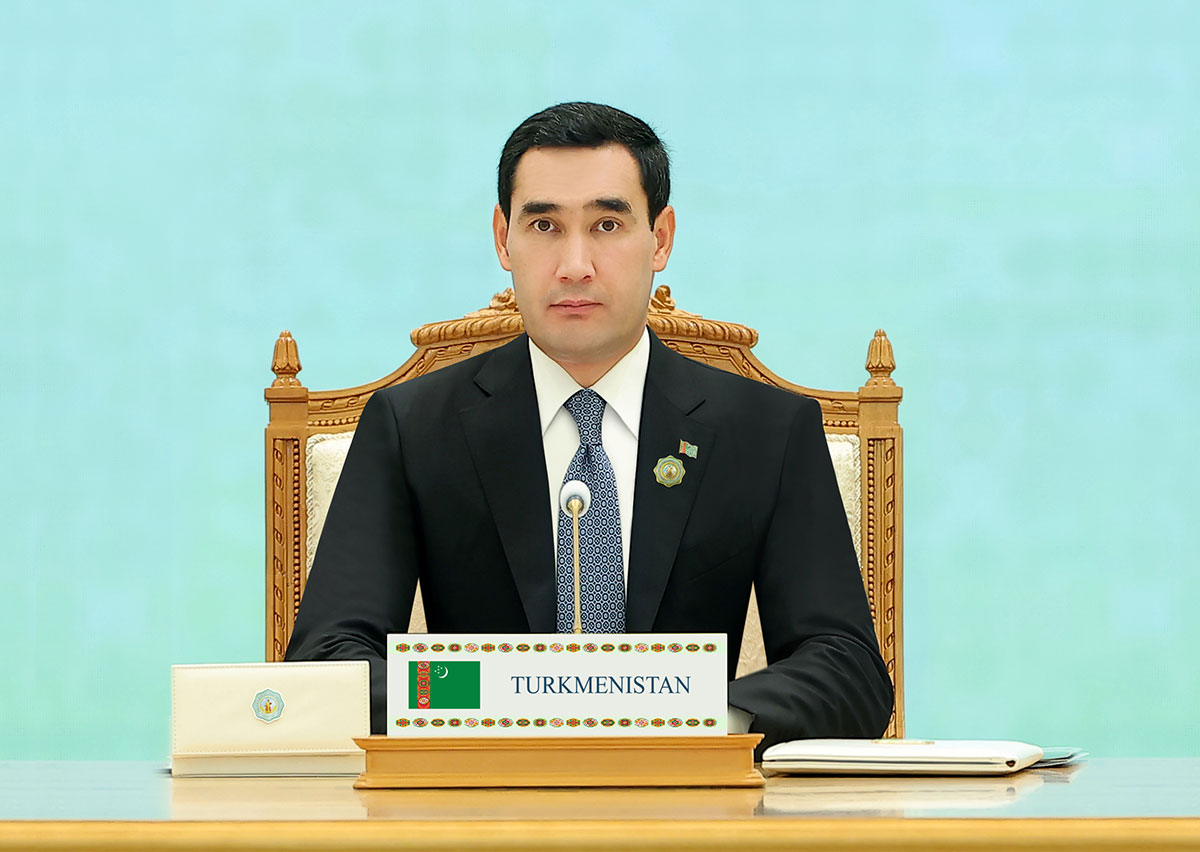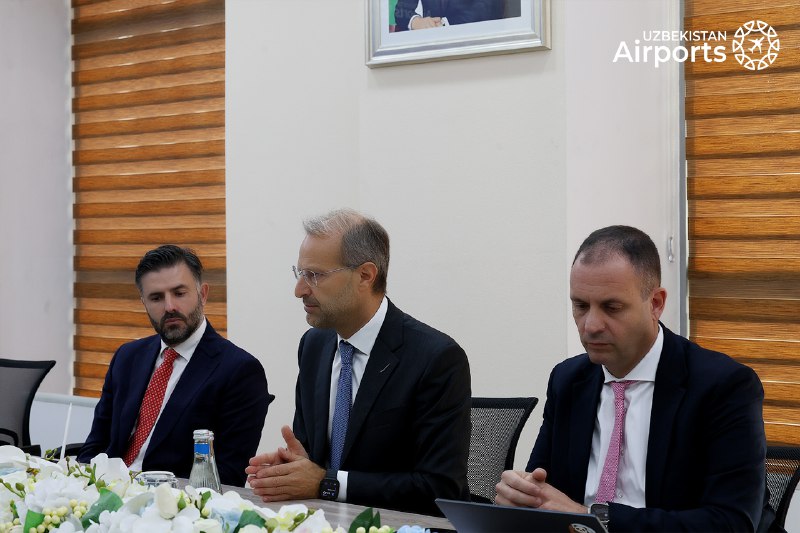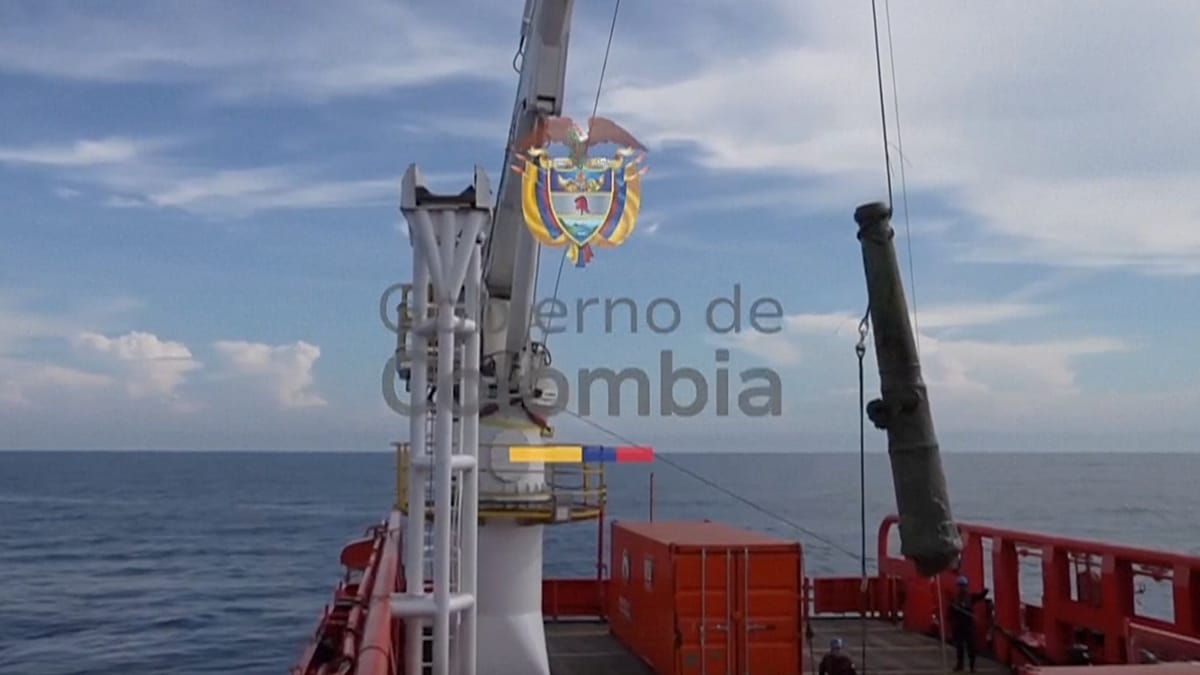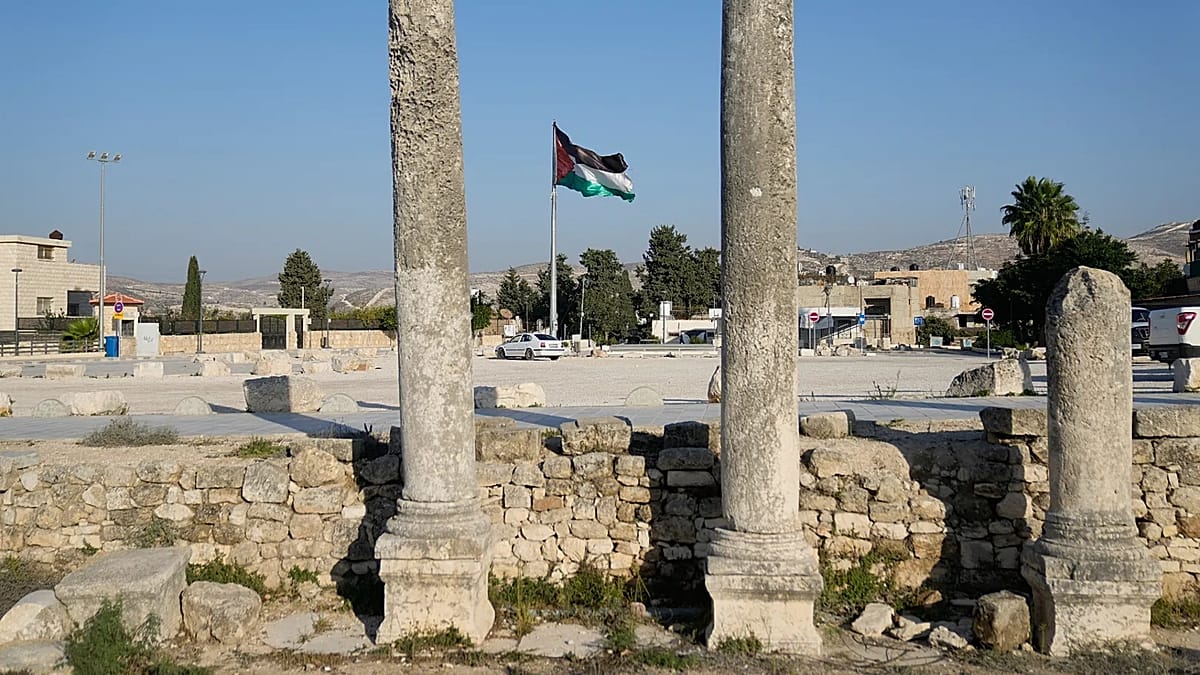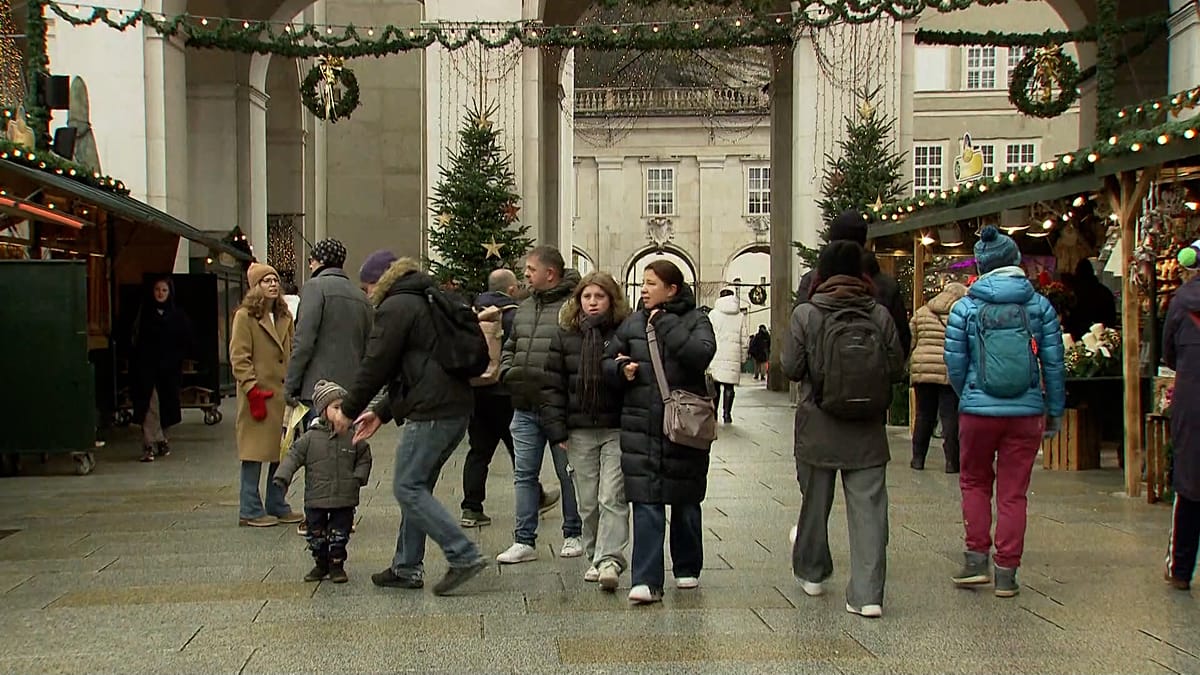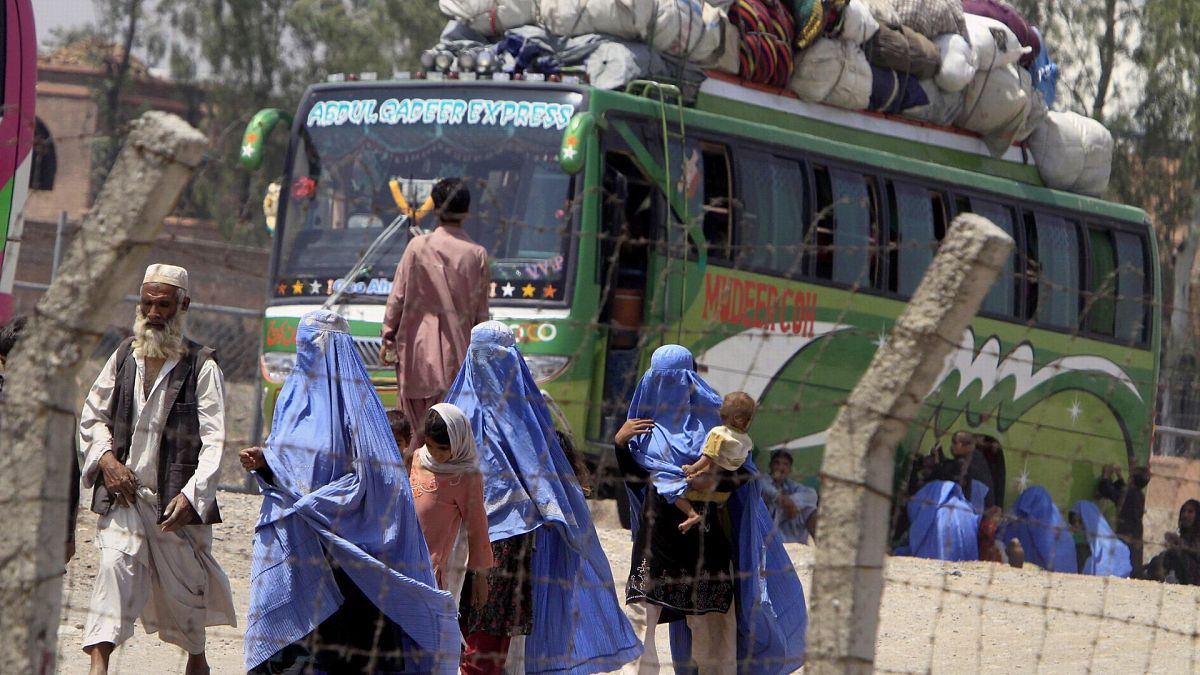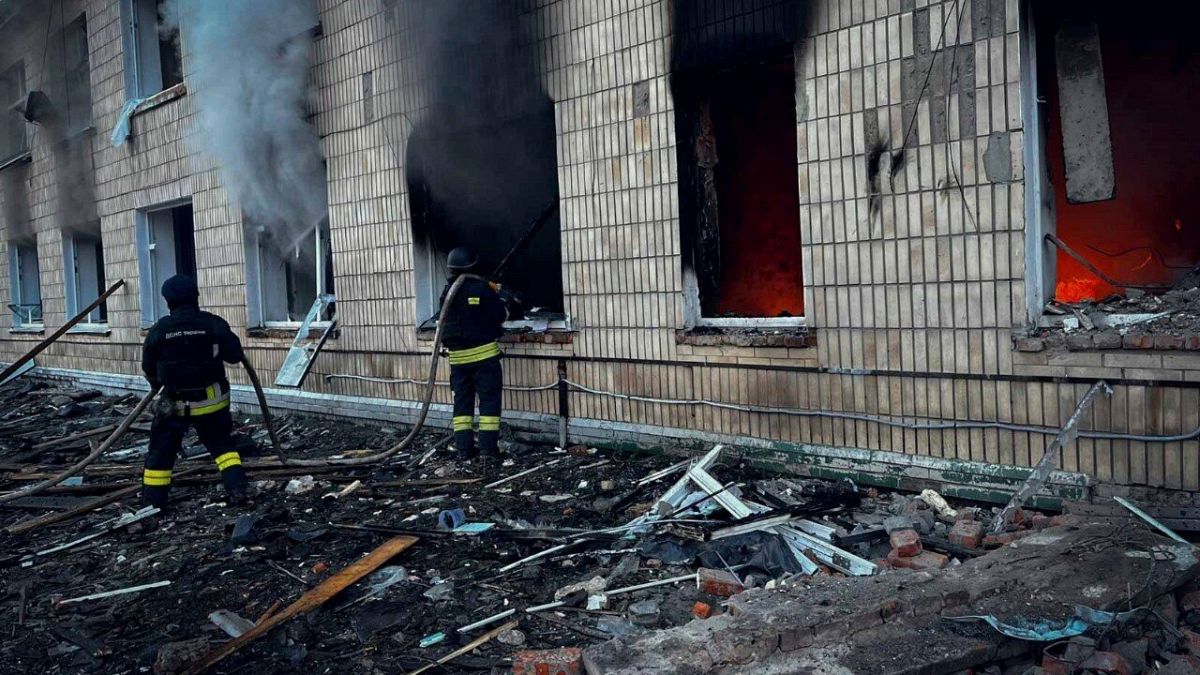MEP S. Wilmés is concerned about the direction of Slovakia, welcomes the government’s willingness to discuss

Bratislava – Member of the European Parliament (EP) and Chair of the Monitoring Group for Democracy, the Rule of Law and Fundamental Rights (DRFMG) Sophie Wilmés expressed concern about the direction of the Slovak Republic. However, during a press conference in Bratislava on Tuesday, she highlighted the willingness of the Slovak government to engage in discussion. A four-member delegation from the European Parliament’s (EP) Committee on Civil Liberties, Justice and Home Affairs (LIBE) conducted a two-day monitoring visit in Slovakia, TASR reports.
“We are here to monitor the situation. We have a mandate for that and we report to the European Parliament,” she explained. She described the discussions held with civil society, parliament members, or government representatives as constructive and based on mutual respect. According to her, the compass for the activities of the monitoring group is the European treaties that EU member states have voluntarily committed to respect.
In her findings, she pointed out the inappropriate rhetoric of government representatives not only towards the opposition but also towards judges and the media. “Independent media are also one of the guarantees of democratic values,” she emphasized.
According to her, the delegation members also held discussions about changes in the state’s criminal policy, shortening the statute of limitations for corruption crimes, and the existence of the provision of paragraph 363 of the Criminal Procedure Code. She criticized, for example, the use of the institution of shortened legislative proceedings.
She also spoke about concerns regarding the reduction of editorial pluralism following the transformation of the Slovak Radio and Television. Changes in the law on non-governmental organizations, according to her, could lead to a decrease in donor motivation. “We are concerned that (the changes) will mean an excessive administrative burden, especially for small organizations, but above all we question the entire issue of the right to privacy,” she specified.
In the case of the proposed amendment to the Constitution of the Slovak Republic, she pointed out the need to respect the supremacy of European law over national law. “It is not yet clear whether it will find a majority in parliament,” she noted. According to her, the proposal raises a “big question mark” regarding its compliance with Article 2 of the Treaty on European Union. She indicated that there are signs suggesting that Slovakia is heading down the so-called Hungarian path.
“Therefore, a very difficult discussion needs to be held,” she emphasized. However, she underlined that the Slovak government is discussing the laws being approved with the European Commission, which speaks to its willingness to cooperate. She added that the monitoring group will prepare a report with findings, and there could also be a meeting of several committees.
“We are considering sending a letter to the European Commission to emphasize our concerns,” she added. “Many of these reforms are new. We need some time to see how they work,” Wilmés concluded.
The Chair of the European Parliament’s Committee on Civil Liberties, Justice and Home Affairs (LIBE) Javier Zarzalejos informed that the delegation held more than 15 meetings with stakeholders over two days. “Everyone provided us with very important information to fulfill the purpose of the mission,” he clarified and also described the discussions as constructive. The delegation included, besides Zarzalejos (Spain) and Wilmés (Belgium), Milan Uhrík (Slovakia) and Daniel Freund (Germany). They traveled to Bratislava to familiarize themselves with the latest information on the situation regarding democracy, the rule of law, and fundamental rights. (June 3)
“We are considering sending a letter to the European Commission to emphasize our concerns. Many of these reforms are new. We need some time to see how they work.” Sophie Wilmés.

